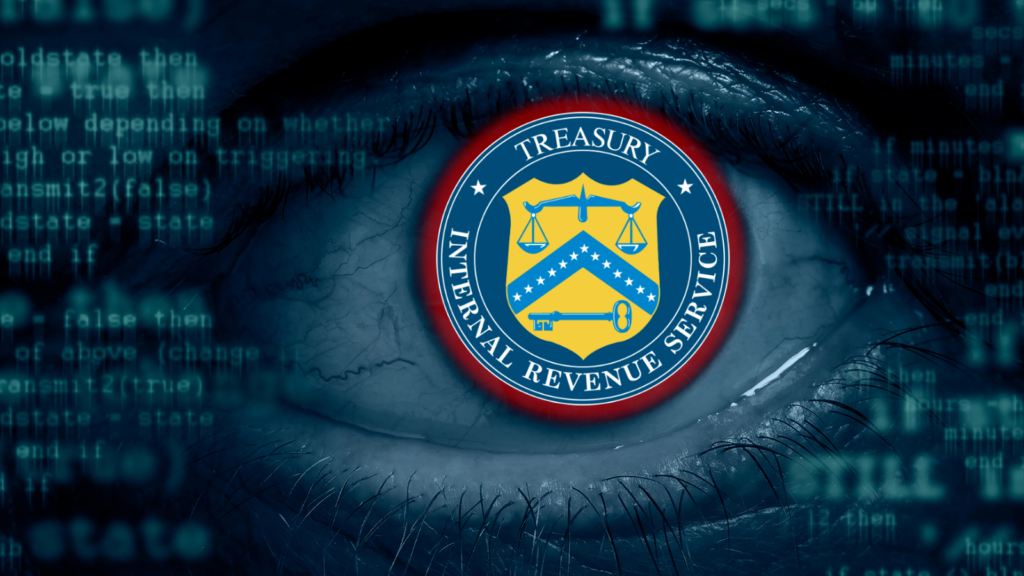
TL;DR: The IRS has introduced new crypto tax regulations aimed at making it more difficult for crypto investors to avoid taxes. The regulations broadly define “brokers” to include centralized and decentralized platforms. However, this move has raised questions about fairness. If the government demands transparency from its citizens for taxation, should it also use blockchain technology for transparent allocation of tax dollars?
Navigating the Murky Waters of Crypto Taxation: A New Frontier in U.S. Regulation
The U.S. government is sounding the clarion call for clearer crypto tax regulations. A sweeping new proposal by the U.S. Treasury Department and the IRS serves as a pivotal point in defining the landscape of cryptocurrency taxation.
The Aims and Scope of the New Proposal
The proposal, announced on August 25, 2022, aims to crack down on tax evasion in the crypto space. Derived from the 2021 Infrastructure Investment and Jobs Act, this proposal aims to recover an estimated $30 billion in untaxed revenue over the next decade. The regulations would force cryptocurrency exchanges and brokers to provide information on their users’ digital asset transactions, similar to how stockbrokers report their customers’ trades.
The Impact on Crypto Investors
This could make it significantly harder for crypto investors to avoid paying capital gains taxes they owe from profitable trades and transactions. Crypto tax compliance has been relatively low up to this point, in part because digital assets are difficult for the IRS to track. Under the new reporting requirements, the IRS would gain much greater visibility into crypto gains and losses.
A New Question of Fairness Amidst these changes, an underlying question emerges: if the government is pushing for such detailed transparency in order to tax its citizens appropriately, is it not then fair to demand the government also embrace blockchain technology for full transparency concerning where our tax dollars are being utilized? Such a shift could foster greater trust between the state and its citizens, ensuring that both parties uphold their end of the social contract.
A Crucial Point of Contention
A Crucial Point of Contention A flashpoint in the proposal is the broad definition of “brokers,” which aims to include not just centralized digital asset platforms but also decentralized ones, along with specific wallet providers and payment processors. This expansive reach has ignited discussions, particularly within communities invested in decentralized finance (DeFi).
The challenge posed by this broad definition becomes clear when considering the decentralized nature of DeFi platforms and self-hosted wallets. These entities often operate without centralized governance, making traditional financial regulations like Know-Your-Customer (KYC) difficult, if not impossible, to implement. The term “overbroad” has therefore gained currency among critics of the proposal.
The Path Forward: Dialogue and Deliberation
The Treasury and IRS have emphasized public participation in shaping the regulatory landscape. Scheduled public hearings for November 7 and 8, with the deadline for feedback set for October 30. This offers stakeholders an opportunity to express their concerns and suggestions.
Despite skepticism, the proposal also heralds the possibility of clear and simplified tax compliance for mainstream crypto users. Such clarification could lower the barriers to entry for prospective crypto investors, offering a more accessible path into the world of digital assets.
How these regulations evolve through public feedback could determine the future contours of cryptocurrency tax policy. While reasonable regulations are understandable to address public policy concerns, policymakers should be careful not to overreach in ways that undermine freedom, privacy, and self-determination.
The crypto community is right to push back on overly broad rules that could restrict innovation. People should have the right to transact freely so long as they meet their basic civic obligations. Striking the right balance will require nuanced discussions between regulators and industry participants who understand this emerging space. Both sides want a fair and transparent system. With good faith engagement, thoughtful compromises should be possible.

Thank you for reading “Deciphering the IRS’s New Crypto Tax Proposal“.
- Subscribe to our newsletter: ConsensusProtocol.org
- Follow us on Twitter: @ConsensusPro
Sources:




